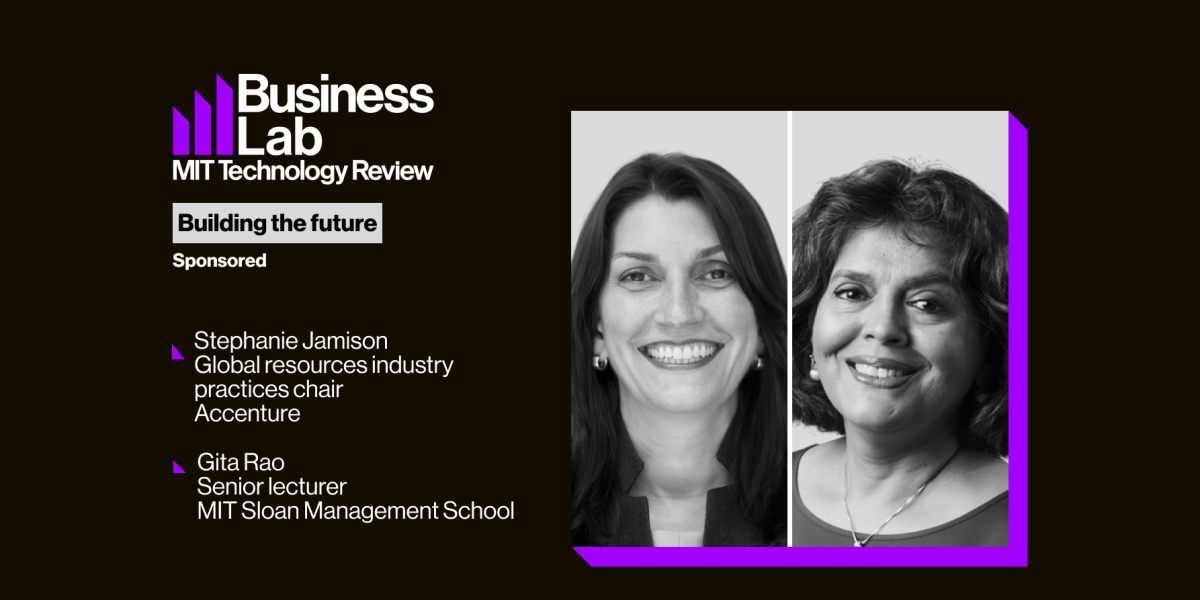
Gita: I think that’s a very important observation, and Stephanie’s been emphasizing this. It has to be done from the ground up. Her company and others in working with the c-suite, in working with leaders and organizations, they are bringing this notion that it’s not just cost-cutting, it’s innovation that drives profits. Trying to build a purposeful, sustainable business is actually innovative, and it will grow your business in the long term. At the same time, you are taking into account how you interact with treat your suppliers, how you treat your customers, how you treat your employees, and how you mitigate handle the environmental impact of your operations. All of these things are part of your decision-making. Absolutely.
Laurel: Stephanie, as we’re talking about innovation, how do you see purposeful sustainability evolving in the next three to five years? And then how can a focus on multidimensional-value creation really benefit both greater society, and investors, and enterprises alike?
Stephanie: Laurel, business leaders are certainly alert to the challenge. In a recent study done by Accenture, we found that more than 70% of executives that we surveyed said that becoming a truly sustainable and responsible business was a top priority for their organization over the next three years. 70% of the executives said, “This is important, and it’s important for us in the short term, and we are going to take action.” I believe that, because if you just look back on the past one year, two years ago, there has been significant progress from business leaders. This pace, I do expect to accelerate.
The success of such change rests upon a tangible commitment to stakeholder centricity. Crucially, our analysis shows organizations with stronger sustainability DNA do deliver higher financial value, and greater environmental and societal impact. I believe this is a watershed moment in history. This is a watershed moment in history. The focus on sustainable development will be the key to competitiveness and sustained success for businesses moving forward. By putting sustainability at the center of everything a business does and how they do it, is going to create new value in the future.
Laurel: Gita, Stephanie calls it a watershed moment. You also call it a need for revolutionary or evolutionary actions. How are you seeing purposeful sustainability evolving in the next three to five years?
Gita: We have a confluence of events and circumstances. , which it’s a cliché to call it extraordinary, but the pandemic trulyreally exposed our vulnerabilities. On top of that, we have ongoing effects of climate change both in this country and worldwide. It’s estimated that half a billion people will be forced into migration due to climate change. That disproportionately affects those who are poor and communities of color.
There’s a greater emphasis than ever before on making sure that we tie in all of these goals in trying to think about how businesses can function within the society that we have, and really contribute positively. There’s been a reframing, and I’ll give one example. We talk about the labor puzzle, which, is in the United States, where are the workers? We have a continuing shortage of labor at all levels. Where are the workers, where have they gone? At first, it was the pandemic, and the stimulus, and so on, but it’s not easing up. Companies are saying, “Well, this is with us for maybe for the long term, and we have to make sure that we engage in skilling, in retention. Maybe even, what is it? On-ramping.” Stephanie, you know this term better than I do.
For example, people who were ready to leave the workforce, but you keep them on in some capacity, because of this collective knowledge and experience base they bring. It is not just about responding to climate change, and environmental issues, but it’s a network effectweb, it’s all related. Responding to that in an effective manner, in a concerted manner.
I would like to use one analogy, which is that no one company can do it alone. When the airlines started flying, if you wanted to fly from Washington, DC to Dayton, Ohio on Delta, Delta didn’t build its own airport. Delta flew into a common airport that was used by United and American, and everybody else. Similarly, to solve these societal issues that impact companies, we actually need to create coalitions. These coalitions have to be coalitions of companies, partnerships with forums like Stephanie’s, with governmental organizations, with NGOs, advocacy groups. We all have to work together on this.
